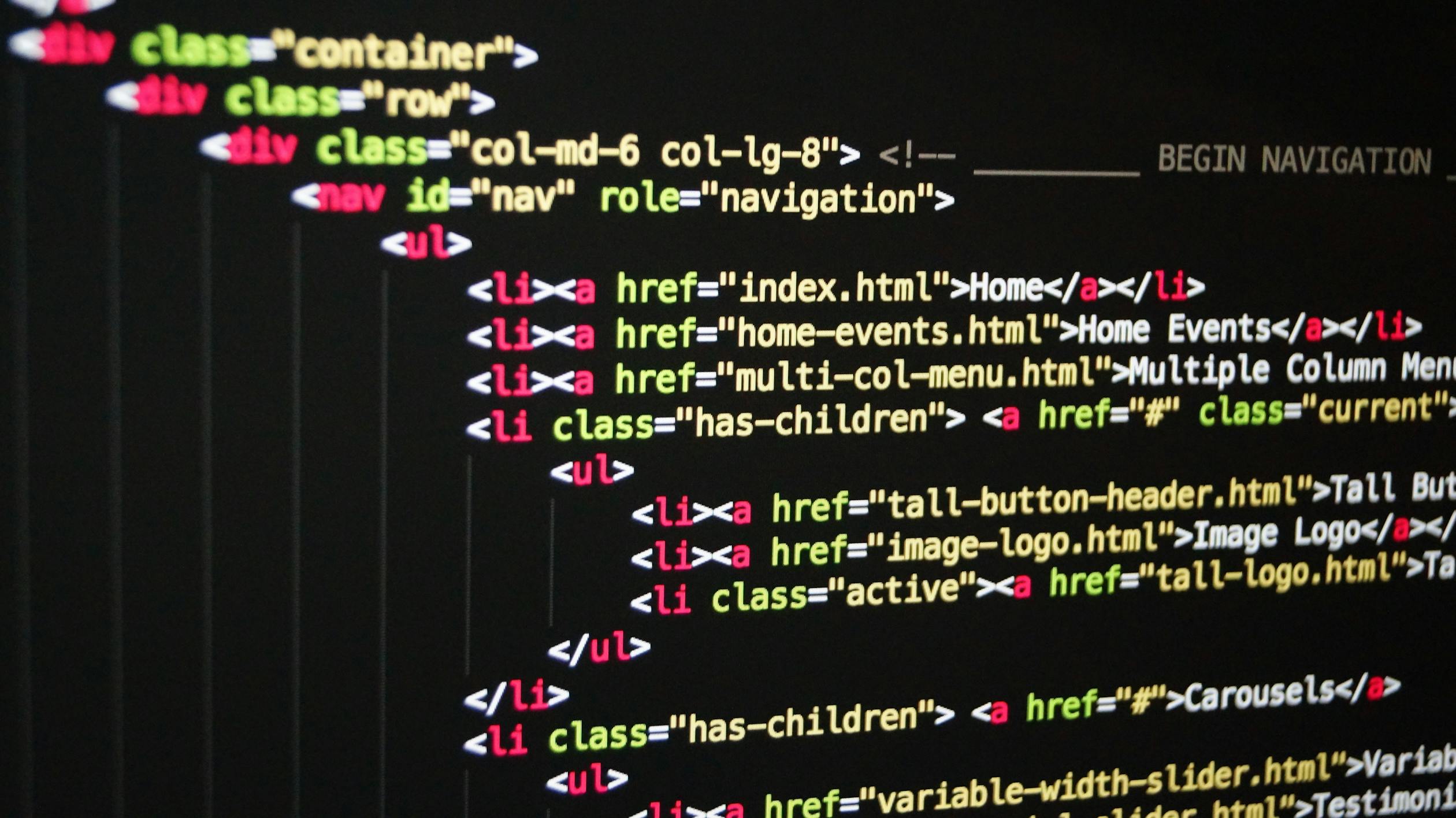
April 11, 2024
Mastering C++: A Comprehensive Guide to Modern C++ Programming
Introduction:
C++ has long been renowned as a powerful and versatile programming language, used extensively in industries ranging from game development and system programming to finance and scientific computing. In this blog post, we'll delve into the world of C++, exploring its core features, modern programming techniques, and best practices to help you become proficient in one of the most influential languages in software development.
1. Getting Started with C++: The Fundamentals
C++ is a multi-paradigm language that supports procedural, object-oriented, and generic programming styles. We'll start with the basics, covering essential concepts such as variables, data types, control structures, functions, and classes. Additionally, we'll discuss memory management, including stack and heap allocation, pointers, and smart pointers to ensure efficient resource utilization and avoid memory leaks.
#include <iostream>
int main() {
// Variables and data types
int number = 42;
double pi = 3.14159;
char letter = 'A';
// Control structures
if (number > 0) {
std::cout << "Number is positive\n";
} else {
std::cout << "Number is non-positive\n";
}
// Functions
int square(int x) {
return x * x;
}
std::cout << "Square of 5 is " << square(5) << "\n";
return 0;
}
2. Modern C++ Programming Techniques
C++ has evolved significantly over the years, with each new standard introducing features that enhance expressiveness, safety, and performance. We'll explore modern C++ programming techniques, including lambda expressions, range-based for loops, smart pointers, move semantics, and the Standard Template Library (STL). These techniques enable concise and idiomatic code while leveraging the full power of the language.
#include <iostream>
#include <vector>
#include <algorithm>
int main() {
// Lambda expressions
auto add = [](int x, int y) { return x + y; };
std::cout << "5 + 3 = " << add(5, 3) << "\n";
// Range-based for loop
std::vector<int> numbers = {1, 2, 3, 4, 5};
for (int num : numbers) {
std::cout << num << " ";
}
std::cout << "\n";
// STL algorithms
std::sort(numbers.begin(), numbers.end());
for (int num : numbers) {
std::cout << num << " ";
}
std::cout << "\n";
return 0;
}
3. Advanced Topics in C++: Templates, Multithreading, and Beyond
C++ offers advanced features that enable high-performance and scalable software solutions. We'll delve into template metaprogramming, which allows for generic programming and compile-time optimization. Additionally, we'll explore multithreading and concurrency using the C++11 thread library, showcasing how to create and synchronize threads for parallel execution.
#include <iostream>
#include <thread>
// Template metaprogramming
template <typename T>
T max(T a, T b) {
return (a > b) ? a : b;
}
void print_number(int num) {
std::cout << "Number: " << num << "\n";
}
int main() {
// Template function
std::cout << "Max of 5 and 3 is " << max(5, 3) << "\n";
// Multithreading
std::thread t1(print_number, 42);
std::thread t2(print_number, 123);
t1.join();
t2.join();
return 0;
}
Conclusion:
C++ remains a cornerstone of modern software development, offering unparalleled performance, flexibility, and control. By mastering the fundamentals, embracing modern programming techniques, and exploring advanced topics, you can unlock the full potential of C++ and tackle a wide range of programming challenges with confidence. Whether you're building high-performance applications, designing scalable systems, or pushing the boundaries of technology, C++ is a language that empowers you to turn your ideas into reality.
237 views
